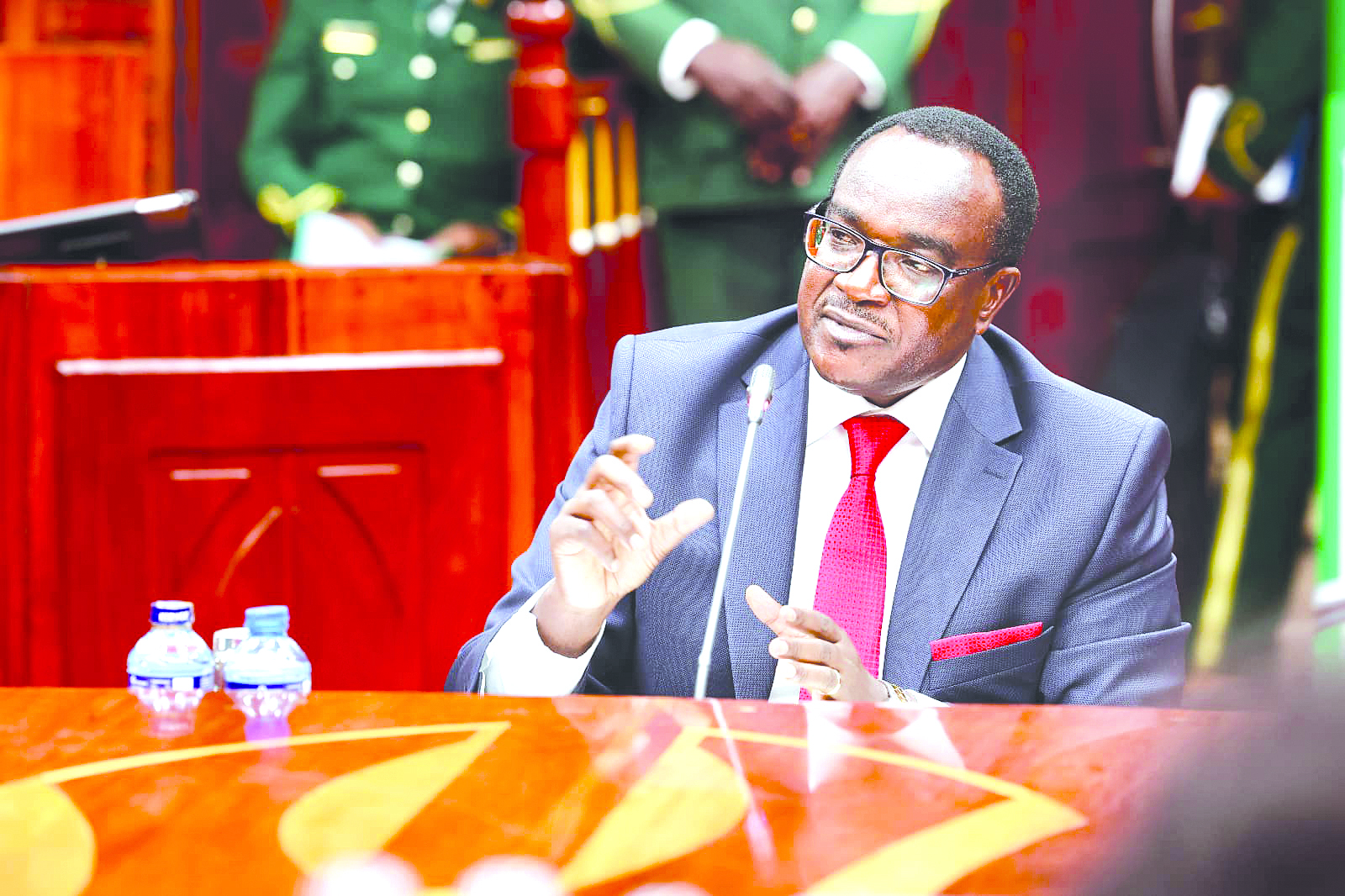Strong rapport between media, government is vital

Is it true that the government does not need the organised media? In a recent address, one of the state honchos argued that from now on, government officials will use social media outlets to tell their stories.
Just imagine the government summoning social media influencers to a morning conference to announce in 140 characters the visit by the Iranian President to Kenya!
There is much excitement about the new technology in the media space and its potential to upset the social order, but there is so much still in the air about whether things will turn out this way.
There is truth in the statement by Thomas Jefferson that were he to choose between a government without newspapers or newspapers without a government; he would have no hesitation about the better option being the latter. Of course, media space has expanded today, and it is not only newspapers that occupy it but other forms of legacy media which are equally under so much pressure.
It is not the first time media has been under pressure in this country. In 1923, colonialists did not want Harry Thuku to publish his Habari. After a few issues of the paper, they exiled him, and the newspaper ceased to exist. The African independent media was always under pressure in the colonial era culminating in the 1952 banning of many of them.
Like phoenixes, somehow, they always reared their heads afterwards. Then came the pressure of some ministers under the Kenyatta regime.
Their beef was that the media were full of leftist-leaning ideologues.
It was such a relief to them when Henry Okullu exchanged full-time pastoring responsibilities for journalism. Philip Ochieng soon left Nairobi for experiments elsewhere.
But at least Mzee Kenyatta occasionally defended the press. When Idi Amin threatened to ban Kenya media from circulating in Uganda, Kenyatta, then holidaying in Mombasa, warned anybody against touching the Kenyan media. No such defence was ever experienced under subsequent presidents.
Indeed, only under Mwai Kibaki did the media have some space. That is assuming that the tensions that existed then, with some in his administration, were isolated. But there were no such pretences under President Uhuru, and President William Ruto appears a faithful successor of his former boss.
The circulation of newspapers and eyeballs on television may be falling. But there is yet to be a mass mobiliser to play the role that mass media play today, particularly for governance purposes.
At least it gives those in government somebody to blame for misstatements. It authenticates public discourse. It gives events credibility; there is still a degree of trust in legacy media content.
This is particularly so in moments of crisis. Indeed, some scholars have argued that media is part of government.
Imagine going to war, and all you have to rally the public with is a group of bloggers! William Randolf Hearst, the American editor and founder of the New York Post, famed for originating “yellow journalism”, once told an illustrator, “Furnish the pictures. I will furnish the war.”
Certainly, media ethics today are far better than that. Journalists are held to a much higher standard today. That is why media in this country still lead in trust. Government must find a way of working with the media. It is not all right to bash the press.
If for nothing else, media is a source of revenue for the government. It offers employment opportunities for citizens. It plays a critical role in mobilising the public; indeed, it is for that purpose that those in power run scared of the media. Since the media and government both serve critical functions, these two institutions must find mechanisms for respectful co-existence.











